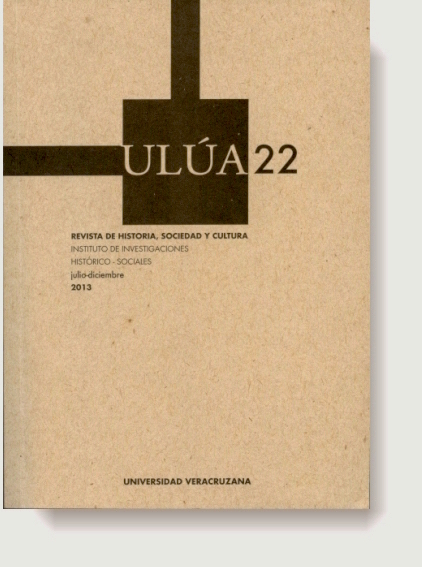Abstract
El artículo examina el quehacer político que, desde el obispado de Veracruz, realizara Rafael Guízar y Valencia articulado a su tarea pastoral. Evidencia las coordenadas del catolicismo social presentes en las acciones políticas realizadas por el prelado (canonizado en el año 2006), a tono con las directrices de la Santa Sede, y analiza los trasfondos ideológicos que guiaron la actuación pública del obispo. El contexto en el que se ubica el estudio es el conflicto entre la Iglesia católica y el Estado mexicano. La correspondencia personal de Guízar y Valencia, así como sus escritos eclesiásticos orientados a la catequesis (incluidos en la documentación presentada en el proceso de beatificación) fundamentan, centralmente, las reflexiones expuestas.
The Power and the Instruments of Faith (Saint Rafael Guízar and Valencia in the Structural Framework of Social Catholicism
This essay examines the political work that Rafael Guízar y Valencia, from his post as the bishop of Veracruz, conducted in articulation with his pastoral activities. The study makes evident that the principles of social Catholicism guided the political actions of the prelate (canonized in 2006), in line with the directives of the Holy See, and analyzes the ideological backgrounds influencing the public action of the bishop. The study locates the role of the bishop in the context of the conflict between the Church and the Mexican State. Guízar y Valencia’s personal correspondence, as well as his ecclesiastical writings that sought to promote the catechism (included in the documentation submitted in the beatification process), provide a basis for the essay’s observations.
Ulúa se rige bajo una licencia de Creative Commons de Reconocimiento-No Comercial-Sin Obra Derivada CC BY-NC-SA 4.0 que autoriza la reproducción total o parcial de los artículos aquí presentados, siempre y cuando se cite la fuente completa y su dirección electrónica.

